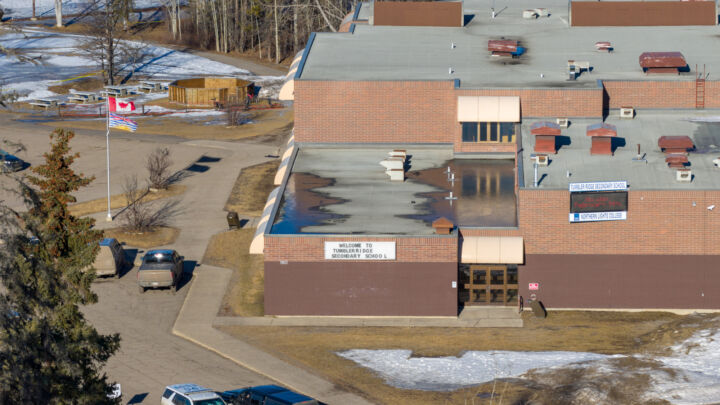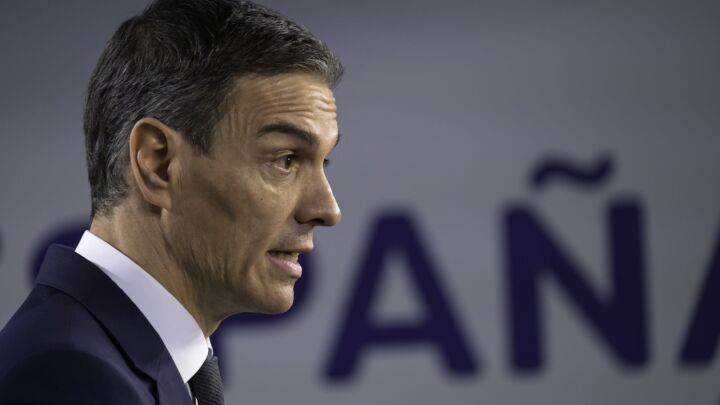‘Sir’ and ‘Miss’ are the tip of the iceberg…

Want unlimited, ad-free access? Become a spiked supporter.
Despite having given up on secondary-school teaching many years ago now, there’s one incident in particular I still recall vividly. I was teaching a class of 15-year-olds and I turned my back to write something on the board (always a mistake with that group). One boy took out a can of deodorant and a cigarette lighter from his bag and proceeded to make a blow torch under the desk. My fantasies as to the type of punishment this reprobate might receive were shattered when the headteacher announced the boy would be spending a week sitting outside the staff room. Most naughty kids loved this; not only did they get out of class, they became the centre of attention, chatting away to every teacher who passed by. The boy was finally expelled from school a couple of weeks later for throwing a dart across the playground which became lodged in another child’s foot.
According to Richard Walden, chairman of the Independent Schools Association, if I’d ditched the English syllabus in favour of teaching these kids right from wrong, emotional intelligence and moral understanding, this situation may never have arisen. Yeah, right. The young pyromaniac, just like the other two boys from the same class who were expelled that month for playground drug dealing and bringing a flick knife into school, knew full well that what they were doing was wrong. They behaved as they did at school precisely because they knew it was wrong; their actions were a not-so subtle indication of the utter contempt in which they held the school and its teachers.
It’s hardly surprising, then, that the suggestion from some academics that pupils should call teachers by their first names, instead of ‘Sir’ or ‘Miss’, has been met with a lukewarm reception from parents and teachers. While proponents of the change suggest it will deconstruct the gender imbalance between these two titles, the critics rightly point out that any ‘gendered’ aspect to these labels is arbitrary and that they at least imply a modicum of respect for teachers, which is no bad thing. In reality, few male state-school teachers are called Sir nowadays anyway, while in private schools the label Sir, as well as standing up when a member of staff enters the room, is still the norm. The labels reflect, rather than determine, the status of the teacher.
Debates about what teachers should be called and whether schools should teach right from wrong are both indicative of the crisis of authority that is besetting the teaching profession. This is a crisis that many teachers and educationalists have helped bring about, by insisting they are merely learning guides rather than bearers of authoritative knowledge. Teachers who give up on education as an intellectual project in favour of promoting ‘citizenship and community, service, environmental awareness, spiritual life and personal responsibility’, as Walden suggests, are never likely to command much more respect from their pupils.
Joanna Williams is education editor at spiked. She is also a lecturer in higher education at the University of Kent and the author of Consuming Higher Education: Why Learning Can’t Be Bought. (Buy this book from Amazon(UK).)
You’ve hit your monthly free article limit.
Support spiked and get unlimited access.
Support spiked and get unlimited access
spiked is funded by readers like you. Only 0.1% of regular readers currently support us. If just 1% did, we could grow our team and step up the fight for free speech and democracy.
Become a spiked supporter and enjoy unlimited, ad-free access, bonus content and exclusive events – while helping to keep independent journalism alive.
Monthly support makes the biggest difference. Thank you.









Comments
Want to join the conversation?
Only spiked supporters and patrons, who donate regularly to us, can comment on our articles.